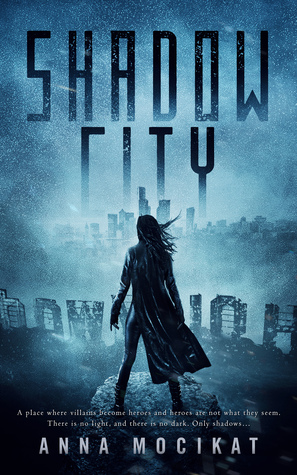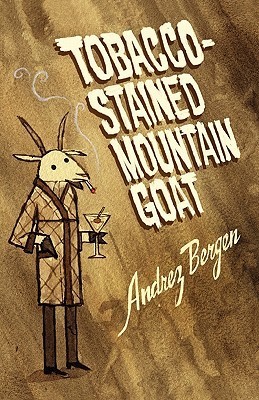
The Slynx
Book Description
In a dystopian world where the remnants of humanity cling to life in a post-apocalyptic wasteland, a sinister beast known as the Slynx roams, lurking in the shadows of a fractured society. Amidst the ruins of Moscow, people have mutated into strange beings, bound by absurd traditions and strange superstitions. Here, conflicts erupt over power, survival, and the haunting echoes of the past. A thriving blend of dark humor and harrowing reality, the story unravels the complexities of human nature as a desperate search for truth unfolds. When everything is unraveling, can anyone truly escape the grasp of the Slynx?
Quick Book Summary
"The Slynx" by Tatyana Tolstaya is a darkly imaginative post-apocalyptic novel set among the ruins of Moscow, where society has regressed to a primitive and bizarre existence after a devastating event called the "Blast." Humanity has mutated, producing strange physical characteristics and a population gripped by folklore, superstition, and absurd rituals. Central to the story is Benedikt, a lowly scribe tasked with copying and disseminating the old books, which are now both precious and dangerous. As he navigates a world riddled with power struggles, ignorance, and authoritarian rule, Benedikt is drawn into new layers of delusion and truth. The mysterious Slynx—a lurking, unseen beast—serves as both a symbol and a threat, embodying collective fears and the dangers lurking at the edges of understanding. Tolstaya’s novel entwines dark humor, satire, and philosophical depth, confronting questions of culture, memory, and what it means to be human in a world bereft of its former glories.
Summary of Key Ideas
Table of Contents
Post-Apocalyptic Regression and Mutation
In the devastated world that follows the "Blast," Moscow has become a shadow of its former self, where survivors exist in squalor and struggle. The populace displays various grotesque mutations—some grow tails, others luminesce, while a few remain "Oldeners" who inexplicably age slowly. Society is steeped in ignorance, holding onto odd rituals and arcane beliefs, while making meager attempts to reconstruct civilization. Education is limited, and books—now rare and dangerous—are tightly controlled as artifacts from a lost world.
Power, Oppression, and Bureaucracy
The ruling regime consolidates power through absurd bureaucracy and brutality. Fyodor Kuzmich, a self-proclaimed ruler, issues arbitrary decrees, fostering a climate of surveillance and paranoia. Work is menial and repetitive, such as the copying of books by scribes like Benedikt, the protagonist. Authority is absurdly enforced via performative loyalty and violence, giving rise to a stifling social order where individuality is suppressed and propaganda reigns supreme.
The Role of Language, Culture, and Memory
Books and language are the last vestiges of culture, feared yet coveted by the population. The remnants of Russian literary culture fuel both hope and despair; literature becomes a double-edged sword, used by the powerful to manipulate, yet yearned for by those who crave understanding. As Benedikt is exposed to forbidden texts, a thirst for knowledge begins to awaken in him. The way people mangle language and the reverence for distorted folklore reveal both the persistence of human creativity and the peril of lost historical context.
The Slynx as Myth and Metaphor
The Slynx itself, rarely glimpsed and never understood, takes on mythic dimensions. It represents all that is unknowable and dangerous—not only the literal beast in the darkness, but the figurative specters of fear, ignorance, and primal instinct. People’s obsession with the Slynx shows how societies construct monsters to explain their anxieties and enforce conformity. The creature’s elusive menace looms over the tale, shaping the attitudes and actions of the characters in subtle, pervasive ways.
Individual Search for Meaning
Benedikt’s journey is ultimately one of existential yearning amid bleak absurdity. His transformation—from an unthinking scribe to someone driven by curiosity and dissatisfaction—mirrors the human desire for truth and self-awareness. Yet his quest is tangled in delusion and self-interest, revealing the cyclical traps of human nature. Tolstaya’s brilliant, satirical vision challenges the reader to consider the fragility of culture and the enduring power of memory, even as it highlights a world teetering on the edge of oblivion.
Download This Summary
Get a free PDF of this summary instantly — no email required.





